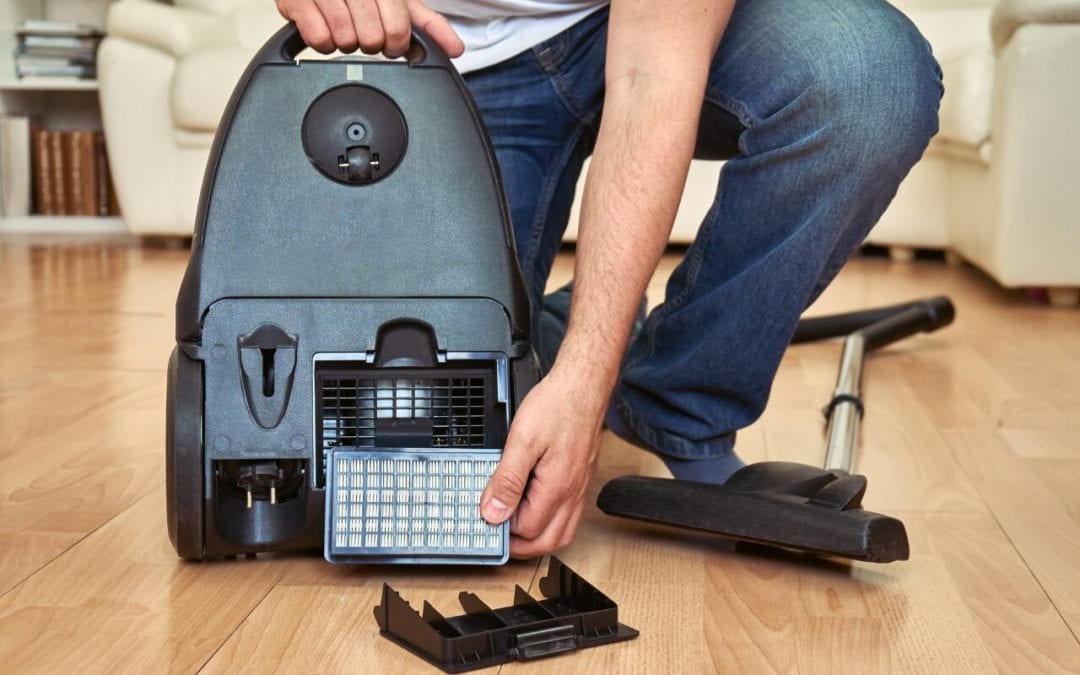Indoor air quality is important for your family’s health, and those suffering from allergies will benefit the most from cleaner air. Air purifiers that come with HEPA filtration can remove up to 99.97% of particulates in your indoor air. Learn more about HEPA filters in the home.
HEPA Filters in Nuclear Facilities
HEPA filters, or “high-efficiency particulate air” filters, were first manufactured in the 1940s to help protect employees who were exposed to harmful contaminants while working in nuclear facilities. After many years, HEPA filters found their way into hospitals and other health facilities to help prevent airborne contaminants from spreading. Not long after that, these filters started appearing in household products and appliances, including vacuum cleaners and air purification systems.
Check the Labels When Purchasing HEPA filters for the Home
While HEPA filter products are proven to remove up to 99.97 % of airborne impurities, no laws regulate the consumer field. The manufacturers are responsible for testing and authenticating their products to ensure that they meet the Department of Energy (DOE) standards.
Manufacturers label their products as either True HEPA or HEPA-type. Any filter advertised as HEPA-type or HEPA-like is an inferior filter that does not comply with DOE standards. Even though the filters may be well-made and more effective than a standard filter, they have not undergone proper testing and cannot be labeled as True HEPA.
Allergy Sufferers Benefit
Inhaling air polluted with dust, mold, pet dander, and other impurities can worsen symptoms in asthma and allergy patients. These irritants may cause issues including watery eyes, headache, sneezing, difficulty breathing, and a sore throat.
HEPA filters work to eliminate airborne impurities that cause allergies by trapping them in the fibers. True HEPA filters capture particles as small as 0.3 microns. Use HEPA filters in portable air-cleaners to relieve symptoms of asthma and allergies.
Replace Filters Regularly
Because HEPA filters are so effective at improving indoor air quality, they need to be replaced more often than other types of air filters. The rate of replacement is approximately twice that of the non-HEPA products, making them more expensive than other options. Refer to the instructions that were supplied with your appliance to determine how soon you should replace the filter.
HEPA Filters in the Home
Vacuum cleaners, whole-house purification systems, and room-size air purifiers are three main appliances that use HEPA filters. If you or a family member suffers from allergies or asthma, using HEPA filters in the home will help you breathe easier.
Exceptional Engineering Home Inspections provides home inspection services to Maricopa County, Arizona. Contact us to book an appointment.

